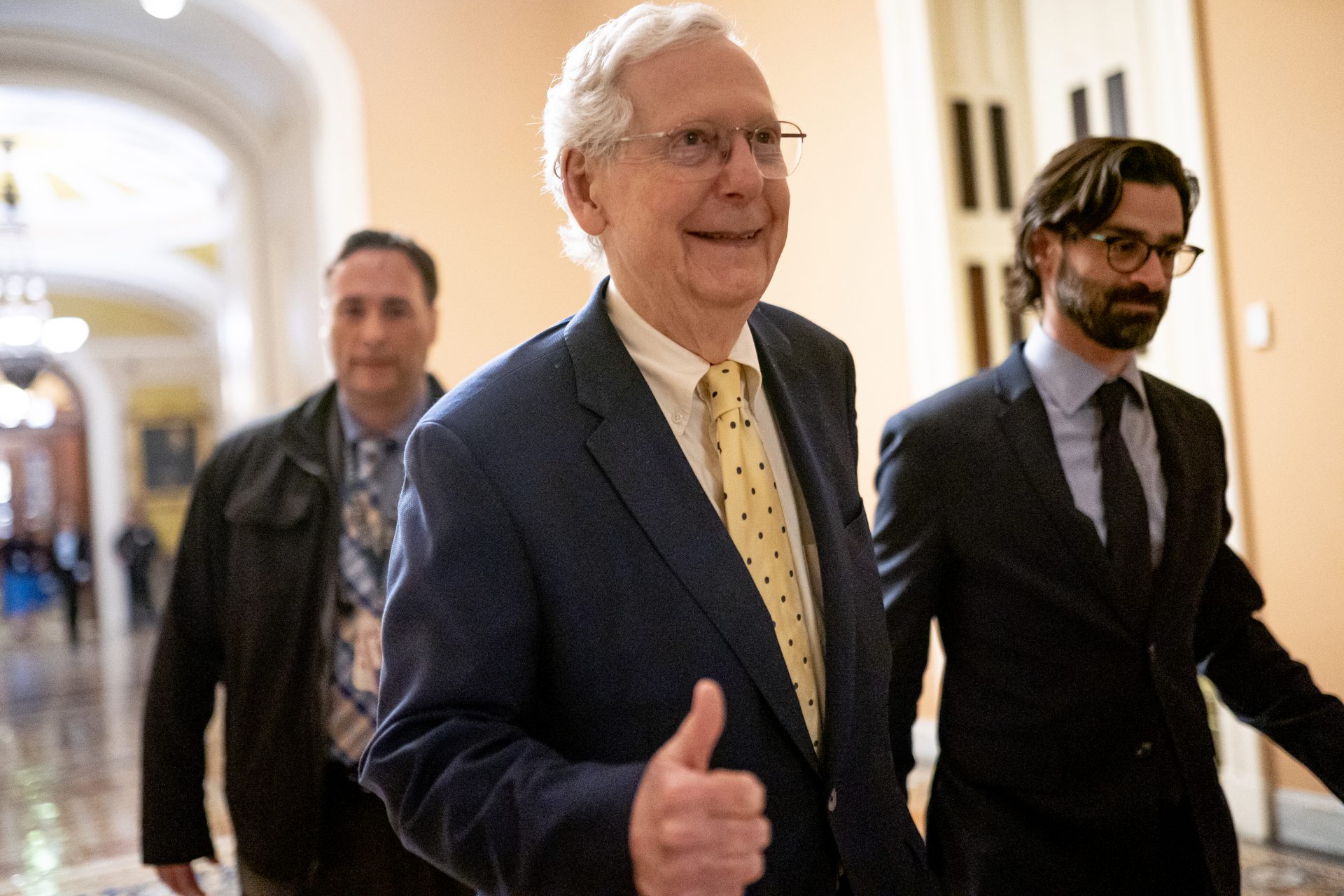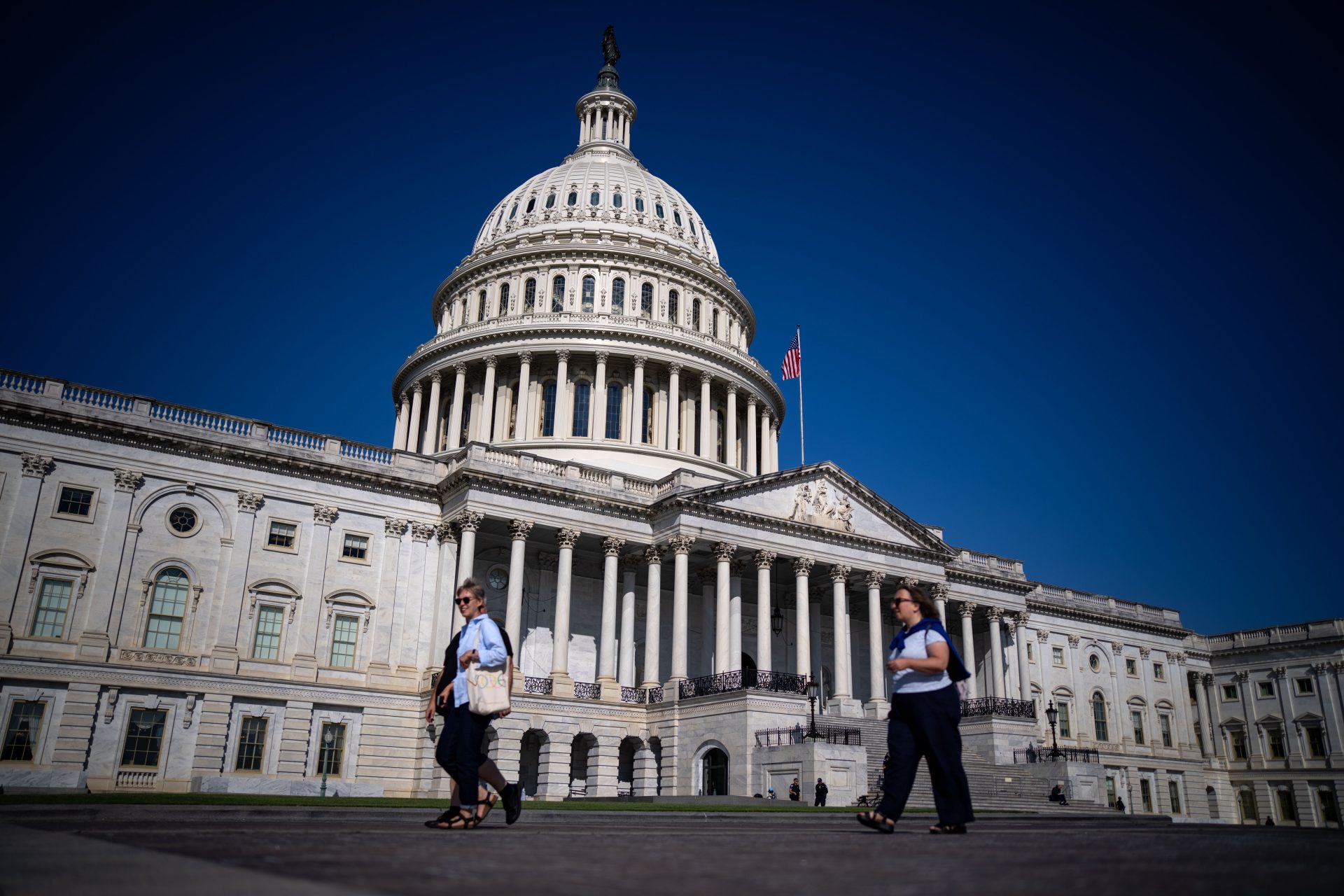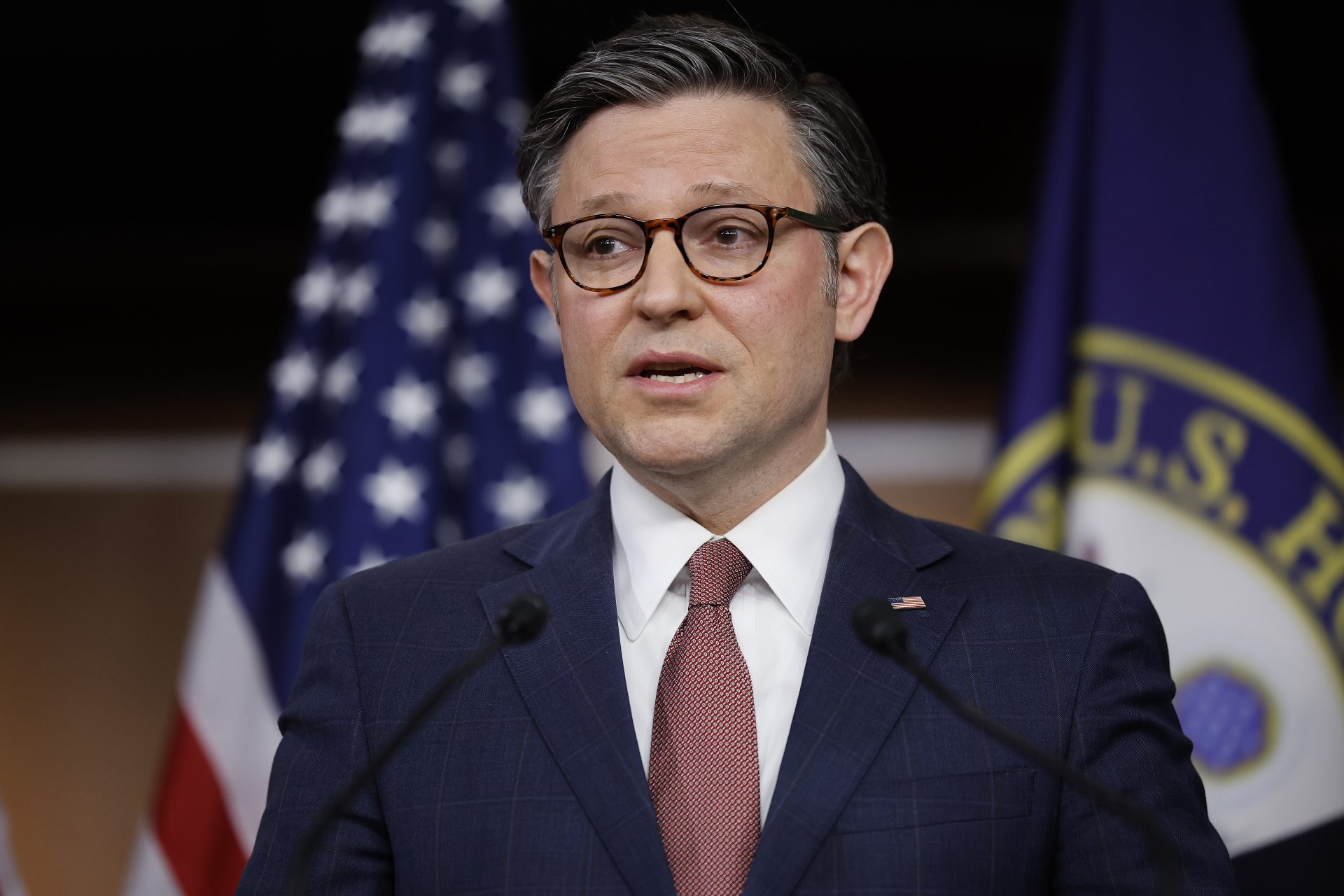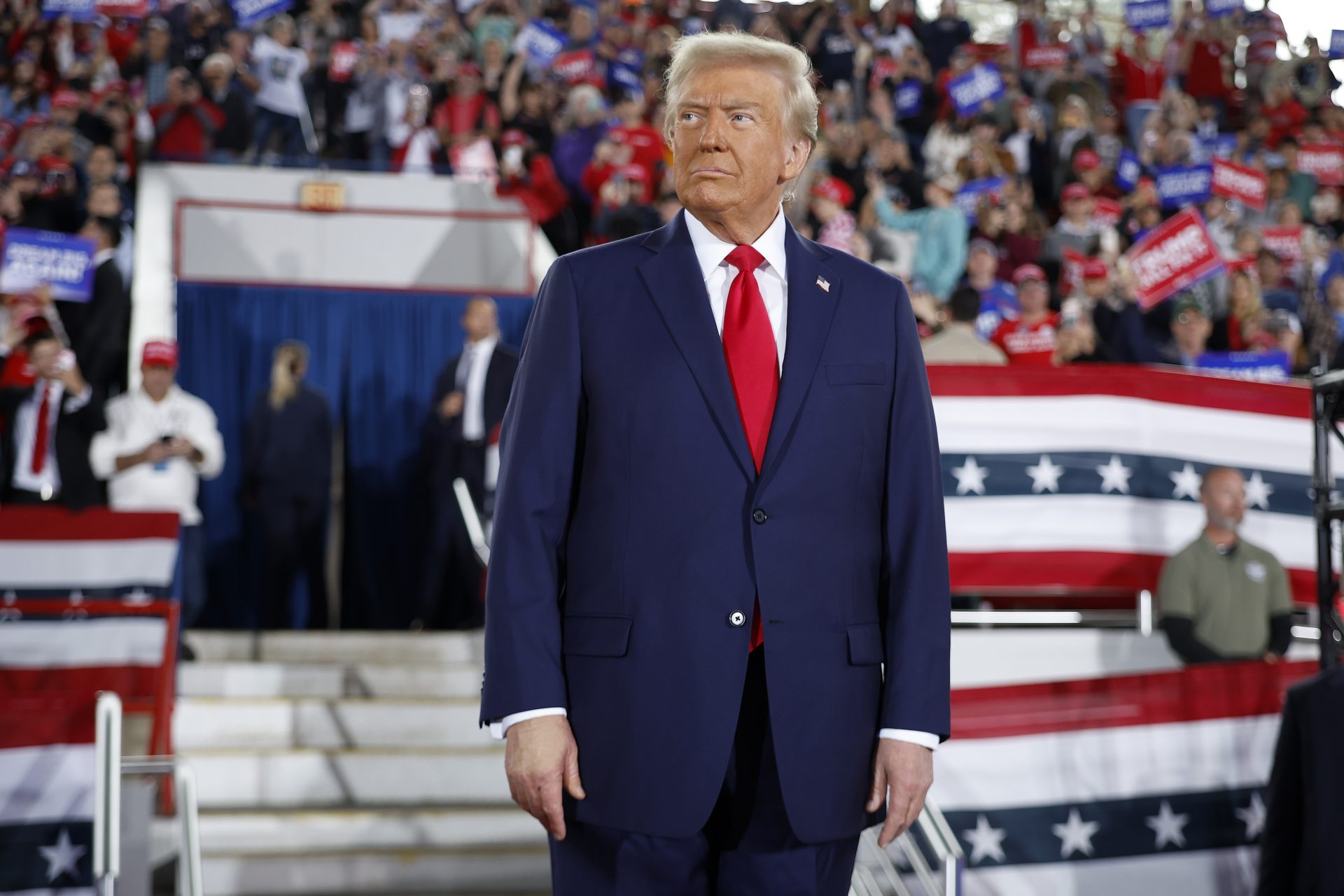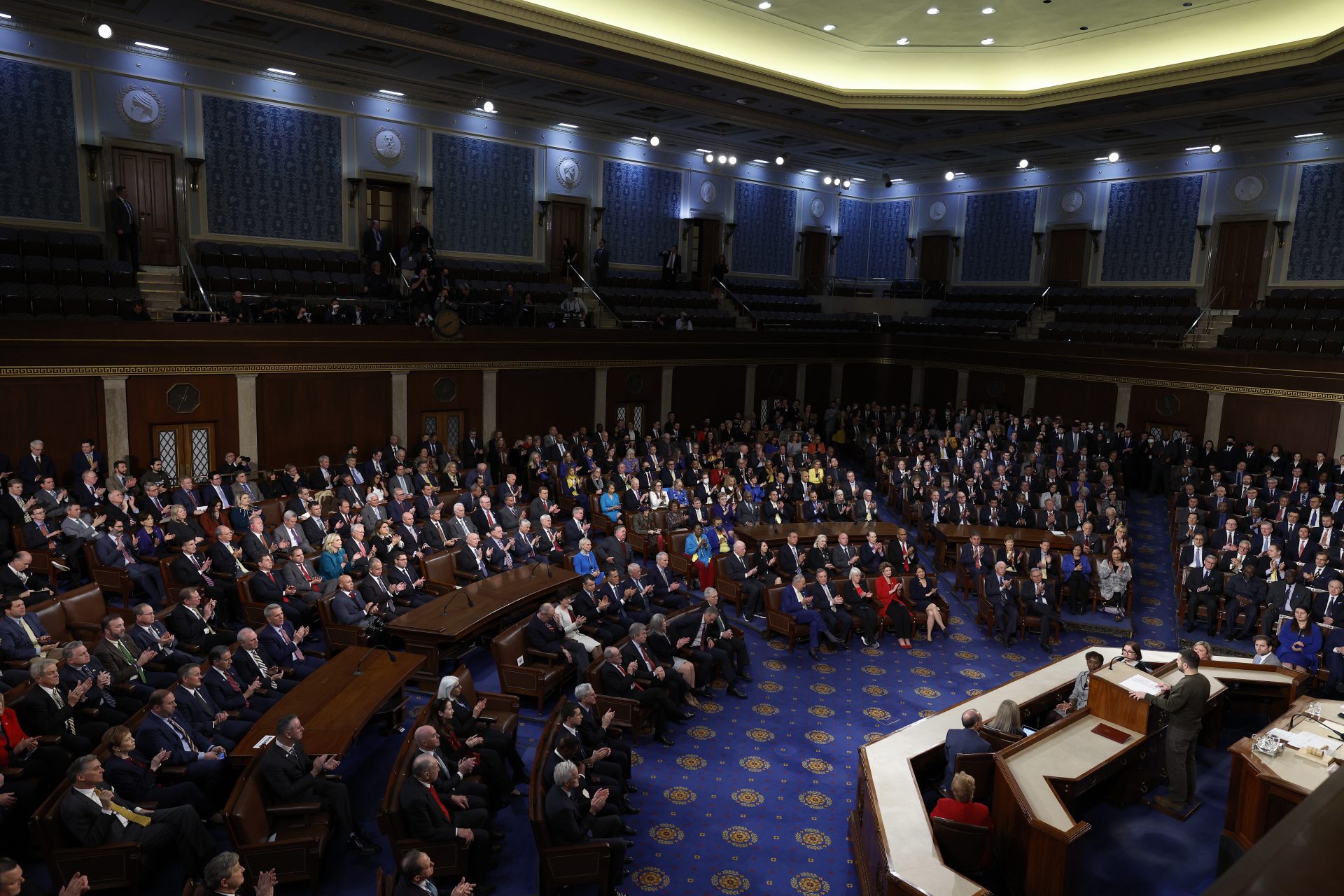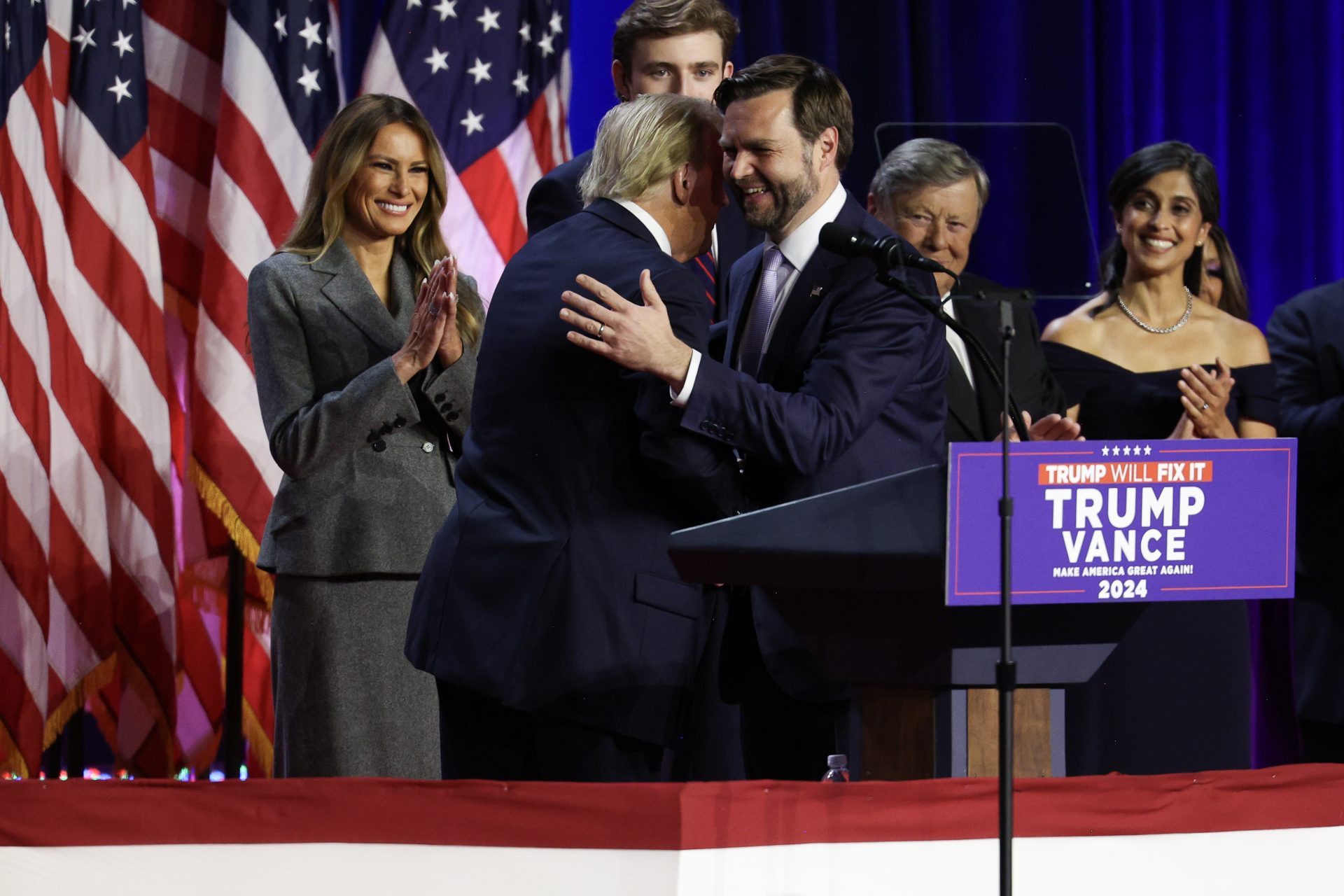Republicans will have a very narrow control of Congress
Republicans have officially gained complete control of the Congress, as the vote count for the last races comes to a close.
It was clear from election night that Republicans would control the Senate, but House elections were wider and took more time to count.
Republicans secured Senate control by flipping the seats of Montana, Ohio, and West Virginia. They are still likely to flip Pennsylvania.
Still, the results were great for both parties' incumbents. Only two lost their seats: Democrats Jon Tester (MT) and Sherrod Brown (OH). Bob Casey (D-PA) might be on the same path.
Out of the 34 seats under elections, 25 belonged to incumbents seeking reelection: 14 Democrats, 9 Republicans, and two independents.
The House of Representatives election was much broader: all 435 lower chamber seats were up for election.
Republicans achieved the 218 seats needed to control the majority of the House. However, with some races still uncalled, it is hard to say how ample that control could be.
Republicans did not flip enough seats to be comfortable with their majority. So far, they have snatched seven seats from Democrats, who have taken the same number from them.
So, the margin of control for House Republicans could be as narrow as five seats, or less as their advantage in critical elections, like California's 45th district, has thinned in the days after the election.
Another disadvantage is the number of House members President-elect Trump has called for his cabinet. So far, he has suggested three members for positions in his government.
If those Representatives move from the Capitol to the White House their empty seats would be filled by special elections. According to The New York Times, it could take months.
Like the Senate, House Representatives looking for reelection generally did well in all parties. Some flipped seats corresponded to races where the incumbent was not seeking reelection.
Gaining total control of Congress would give President-elect Donald Trump a significantly more comfortable path to advance his agenda.
Congress control is a priority for both parties. Many of the issues that concern voters, like immigration, abortion, or the economy, are in Congress's hands.
More for you
Top Stories





